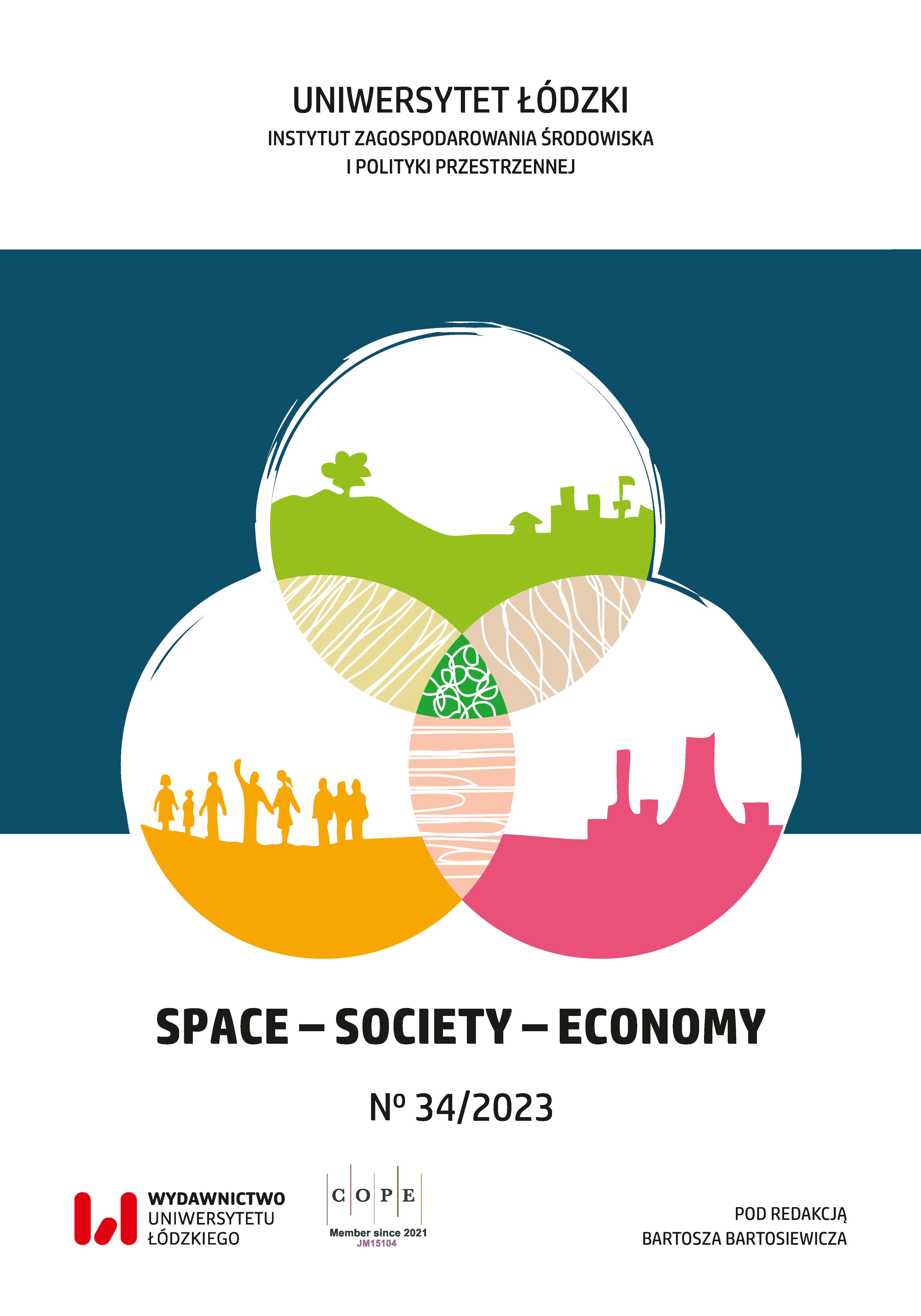Realizacja samorządowych programów polityki zdrowotnej (PPZ) przez gminy miejskie, wiejsko-miejskie oraz wiejskie realizacja programów polityki zdrowotnej przez samorządy
The implementation of self-government health programmes and strategies in urban, rural-urban, and rural communes. Implementation of health programs via self-governments
Author(s): Joanna Woźniak-Holecka, Karolina Sobczyk, Kajetan SucheckiSubject(s): Human Geography, Social development, Rural and urban sociology
Published by: Wydawnictwo Uniwersytetu Łódzkiego
Keywords: Local Government Units; health policy programs; health promotion; self-governing community
Summary/Abstract: Local governments have an underestimated potential in creating the health of their inhabitants. One of the manifestations of health policy at this level involves local government programmes and health strategies. Health strategies are important in the following: assessing and monitoring the health needs; the demographic analysis of the population of a given region; the assessment of human, institutional, and financial resources of local government units; and identifying health needs expressed by the population. The usefulness of the strategy in the planning and implementation of the health policy programme is crucial. Programmes are, therefore, a direct response to the health needs of the local community and can satisfy those needs.The project aims to describe the potential of municipalities in the implementation and evaluation of local government health programmes in the following scope: PPZ topics, sources of PPZ financing, PPZ implementers. The reference point will be the size of the involved commune broken down into urban, rural, and urban-rural communes.The study was conducted on a sample of 401 local government units, using the postal method and the CAWI (Computer Assisted Web Interviews) online survey, and the return rate of the surveys was 50.6%. The population was divided into layers, i.e. groups of individuals with certain common characteristics. Stratified sampling was based on the division of the country into voivodeships. In each of the subregions, 50 local government units were randomly selected and the questionnaire was sent to them.According to the research, small communes are cost-motivated or do not know the potential of health policy programmes. Medium-sized communes (approx. 20,000 inhabitants) focus primarily on pro-social and pro-health activities, and the largest (urban) communes approach the implementation of programmes in a task-oriented manner.Therefore, the potential of communes seems to be very diverse and polarised, and the effectiveness of communes in this respect correlates with their size. Difficulties in implementing the health policy agenda are also different. At the same time, it should be noted that the activity of Local Government Units in the field of access to health care services is increasing.
Journal: Space – Society – Economy
- Issue Year: 2023
- Issue No: 34
- Page Range: 43-55
- Page Count: 13
- Language: Polish

